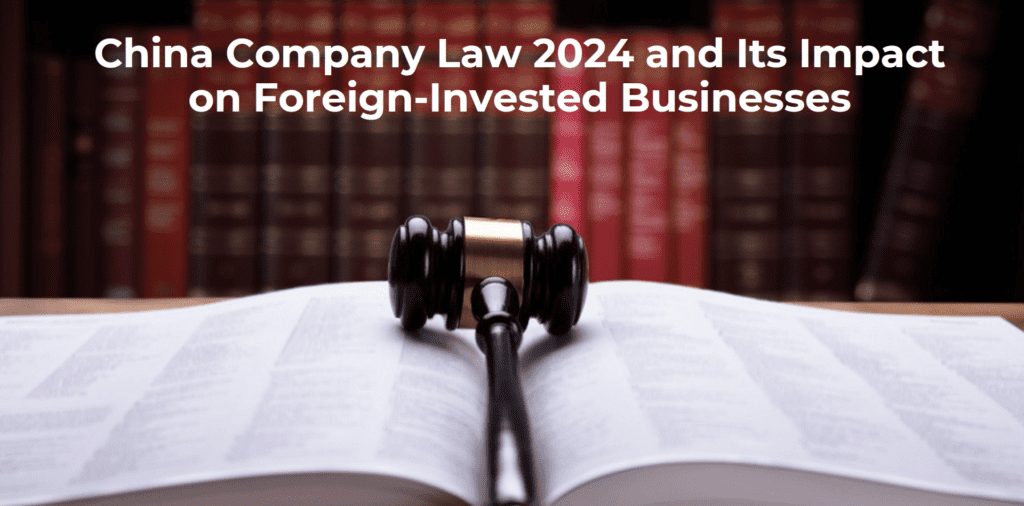Foreign-invested private equity (PE) managers need to remain updated on China’s financial opening-up plan to further expand their business.
Have a look at one of our previous articles: China’s Central Bank Unveils Financial Opening-Up Plan
In this article, we will explore private equity in China and how the country is exerting efforts to protect and strengthen it.
What is private equity investment?
Private equity is an alternative investment which by the name itself refers to being listed on a public stock exchange. This means that the capital comes from investment in private companies or so-called buyouts.
Business investors are rather interested in short-term returns when it comes to private equity. What they want is to achieve a significant profit from the buyouts. In this regard, PE fund managers seek to improve the performance of the target company and turn it into a very profitable business entity.
But what exactly are buyouts?
Buyouts are also called acquisitions in corporate finance. For example, private equity fund investors or firms usually acquire and take control of a company’s equity interest. They use that to upgrade the business operations of such companies. Simply put, the buyouts happen with the purchase of devalued companies.
Two types of buyouts
Management buyouts (MBOs)
Private equity acquisition from MBOs is a strategy to limit losses. Companies close an unprofitable part of their business or sell it out due to ownership retirement. For example, large corporations sell off their divisions which are no longer core to their business.
Leveraged buyouts (LBOs)
Companies in this type of buyouts perform acquisition as means of a collateral for loans. Buyout firms provide 10% capital and the rest is financed through debt. Furthermore, PE firms in this kind of buyouts typically acquire the assets of a targeted company as a way to pay down debts.
Advantages and Disadvantages in China’s PE
Advantage
Investing in private equity in China has several advantages. These include higher ROI (returns on investment), opportunities for business expansion, more eligibility for companies to get private equity funding and the tradability or convertibility of Chinese yuan. Startup companies benefit from private equity funds due to unconventional business growth strategies that private equity offers.
Disadvantage
On the other hand, China is not at all free from challenges related to private equity funds. Foreign PE investors experience due diligence and management issues regarding corporate governance, deal valuation and some legal concerns about the enforceability of contracts. Furthermore, it is said that investment risk is gradually rising in China due to the over-valuation of a small number of target firms.
What is risk management in PE funds?
In general, risk management refers to handling risk factors effectively. The risk management of a company normally includes identification, assessment, control, and review. Some of the known key risks in PE investing involve operational, funding, liquidity, market and capital risks.

Source: Corporate Finance Institute
China’s regulatory system concerning private equity is the primary issue of risk management for China’s PE. China has considered private equity as a new development so the regulations are constantly changing.
Nevertheless, the country continues to create new policies that will better accommodate the opening-up of the Chinese market to foreign investors.
Business opportunities in Private Equity
China’s new economy offers a huge opportunity for PE firms, especially in the key growth sectors.
Bain’s 2019 Asia-Pacific private equity survey noted that there are more than 800 PE investors who put a stake in China’s growing Internet technology. Thus, internet giants such as Alibaba, Tencent, and Baidu have a great share of PEs in China.
Recently, the biotech sector in China has garnered the biggest private equity investment. It is a result of PAG’s acquisition of a controlling share in Hisun Pharmaceutical’s subsidiary Hisun BioRay Bio-pharmaceutical Co Ltd. PAG is a US$30 billion in capital PE firm which is one of the largest in Asia.
The Asset Management Association of China (AMAC) has recently reported an increased number of employed personnel in the PE industry. It showed an estimate of an increase from 142,000 to 240,000 PE employees in September. Moreover, AMAC also noted that China garnered about 13.4 trillion yuan (about US$1.9 trillion) worth of PE assets under management by September 2019.
The self-regulated association on fund management also made a decision earlier this year to allow foreign-funded PE to invest in the Hong Kong stock market via the mainland-Hong Kong stock connect schemes.
What’s new in China’s PE?
Foreign businesses require higher and better standards in order to maintain their steady growth. China adheres to these standards by introducing its new risk evaluation system that covers private equity funds.
China’s state-level PE fund management industry, Beijing Fund Town, designed the system containing 348 items in total scoring. It is comprised of 10 professional evaluative categories where risk assessment will be made. These are:
- Investors
- Management teams
- Operating conditions
- Product structure
- Past performance
- Credit records
China released the new risk assessment system on October 27, 2019. This evaluation method aims to improve on raising awareness and strengthening control over risks in PE investments.
Furthermore, Chinese tech firm Huifu Information Technology has put up an outsourcing service to help PE managers in streamlining procedures such as fund-valuation calculation and outsourcing registration.If you are interested to know more about foreign-related tips while living in China, contact our team for inquiries and follow us on social media to get the latest news!
Our experienced team has the necessary expertise and the know-how to support you with your business – have a look at the services we offer.
See how much salary you receive after tax and check your company value without leaving WeChat!
Also, our Mini Program can estimate the salary in your industry, for your experience level and position. A huge help for salary negotiations!







